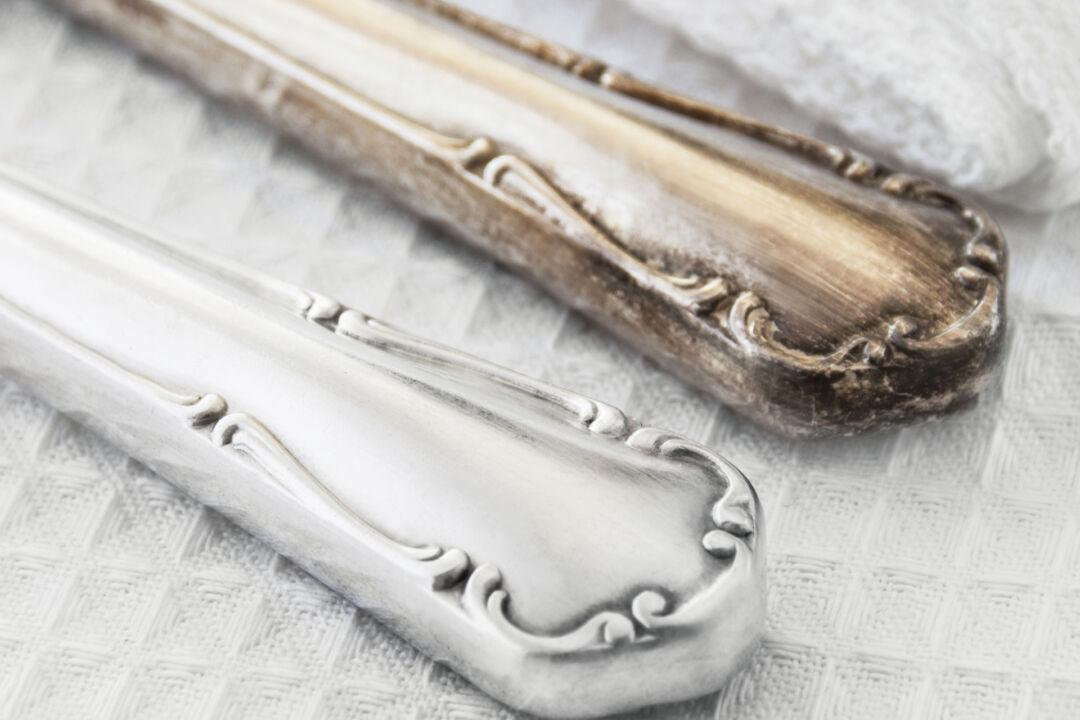Contrary to popular belief, you can put silver in the dishwasher without causing harm, provided that you are careful to follow a simple set of rules.
I grew up being fearful of the oddest things. I wasn’t bold enough to question why, so I just did as I was told. Here’s one: Never, ever put silver in the dishwasher. Ever!





